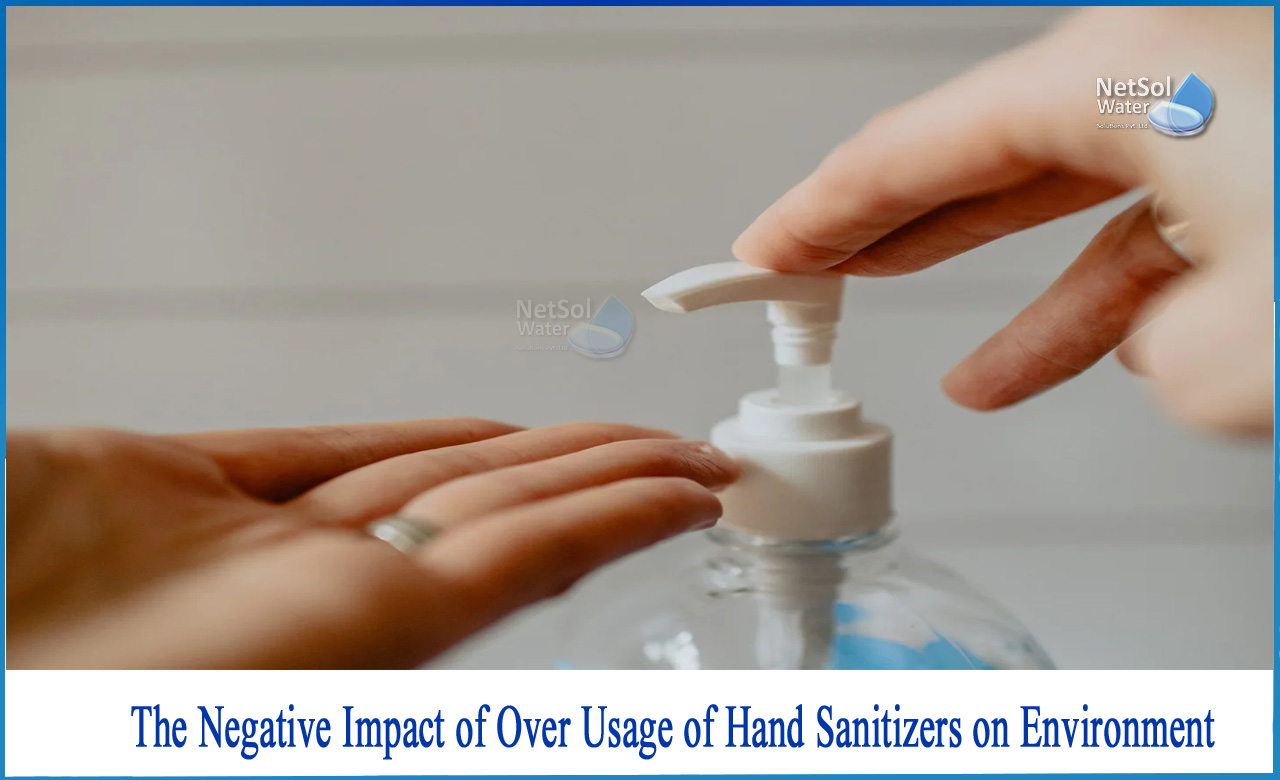Overview
COVID-19 has also had a significant and indirect influence on the environment.
Pesticides, soaps, detergents, single-use plastic, and other chemicals have been used at an alarming rate in recent months, wreaking havoc on the ecosystem. In the last few months, highways, complexes, and entire cities have been sanitized. The use of hand sanitizers has also skyrocketed. During the continuing epidemic, personal protective equipment (PPE) kits, face masks, and gloves have emerged as important safety precautions. The environment may suffer from increased pollution as a result of a rapid rise in their use.
What are the Negative Impact of COVID-19 on Environment?
During the Covid-19 epidemic, medical waste creation soared significantly, posing a concern to public health and the environment. Hospitals generate diagnostic, pharmaceutical, and biochemical wastes for the collection of suspected patients' samples. It became difficult for the local waste management authority to deal with the problem. A mask, hand gloves, and other safety equipment are used to prevent against viral infection. However, because to a lack of awareness, most individuals discard items in public locations, producing severe repercussions to the environment. Increasing the rate of municipal garbage has a direct impact on air, water, and soil contamination (both organic and inorganic).
Use of hand sanitizers
The use of hand sanitizers containing alcohol and isopropanol is increasing globally. Disinfectants such as sodium hypochlorite, hypochlorous acids, and chlorine are widely utilized in practically all areas where humans live. They degrade quickly in the presence of organic matter and thus do not bioaccumulate or persist in the environment.
Sodium hypochlorite is used to eliminate viruses by wiping floors, lobbies, elevators, hallways, offices, rooms, and hospitals, among other places. Sodium hypochlorite is very hazardous to both humans and microbes. However, because sodium hypochlorite or its related compounds are very reactive, sodium hypochlorite or its related chemicals poured down the drain from home usage may react with organic materials and be eliminated before reaching the environment.
SUP’s & their effect
In the face of growing apprehension, the single-use plastic manufacturing companies are attempting to grasp the chance and resurrect their otherwise faltering industry. This would almost certainly result in a dramatic increase in the usage of plastics. Many supermarkets do not allow consumers to bring their own reusable bags and instead offer items in single-use plastic bags.
There is a rise in the frequency of online ordering of meals in restaurants, which has resulted in a per capita increase in plastic consumption, and worldwide plastic pollution has grown owing to the COVID-19 pandemic. Plastic consumption has risen dramatically in terms of packaging (40%) and other applications (17%), including medical applications.
Creation of BMW’s
The creation of biomedical waste (BMW) from COVID-19 patients is growing all over the world. There is worry regarding the handling of COVID-19 waste; as the number of cases increases, treatment facilities are being overloaded with such medical waste, and if care are not taken, infections among sanitary employees may occur.
Threat to eco-system
Furthermore, the natural ecosystems and various flora and fauna are under severe threat as a result of the lockdown imposed by many countries. Different protected areas, such as natural parks, marine conservation zones, animal sanctuaries, and so on, were left unmonitored since persons who worked in such areas were trapped in their homes. It exacerbated difficulties such as animal poaching, illicit deforestation, and fishing.
Furthermore, the abrupt cessation of ecotourism operations in tourist sites and forest regions has raised the unemployment rate, as ecotourism is seen as a key source of an economic mainstream.
Conclusion
To address the existing and future effects of COVID-19, the following steps are required:
1: To develop and execute policy recommendations for the proper management of plastic and chemical waste, as well as wastewater treatment, at the international and national levels.
2: To create and ensure the execution of safety recommendations for physicians, sanitary workers, and hospital employees in order to keep them healthy and to prevent virus spread.
3: To promote awareness programs and campaigns at different levels, such as schools, universities, and communities, in order to prevent the spread of incorrect information and misunderstandings and to ensure the appropriate application of numerous guidelines.
4: Understanding the environmental and ecological repercussions of COVID-19 via collaborative research efforts so that such challenges may be dealt with more effectively in the future.
5: To create a database of senior persons who may require more care, adequate and timely treatment as a result of COVID-19, and to secure their health and care in the future.
6: Understanding the emotional stress and psychology of children forced to live in closed houses, as well as developing an atmosphere and safe circumstances for their outings, games, and sports activities.
Netsol Water is Greater Noida-based leading water & wastewater treatment plant manufacturer. We are industry's most demanding company based on client review and work quality. We are known as best commercial RO plant manufacturers, industrial RO plant manufacturer, sewage treatment plant manufacturer, Water Softener Plant Manufacturers and effluent treatment plant manufacturers. Apart from this 24x7 customer support is our USP. Call on +91-9650608473, or write us at enquiry@netsolwater.com for any support, inquiry or product-purchase related query.



